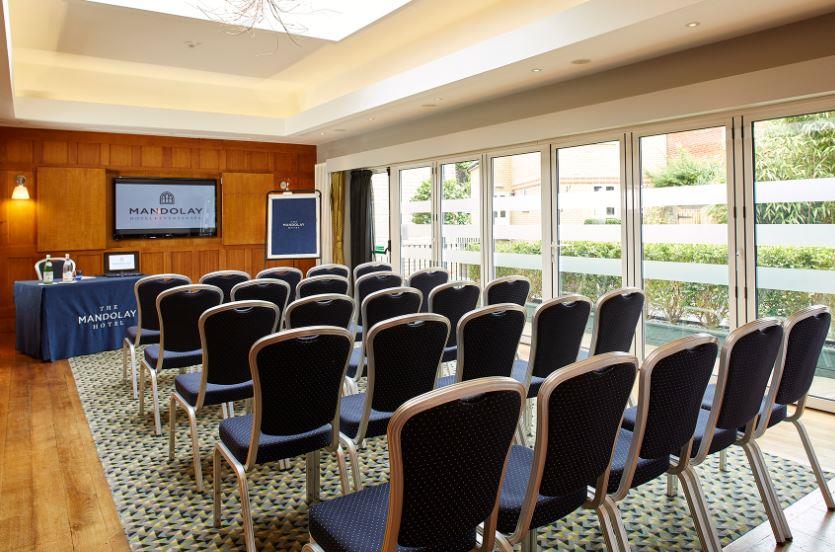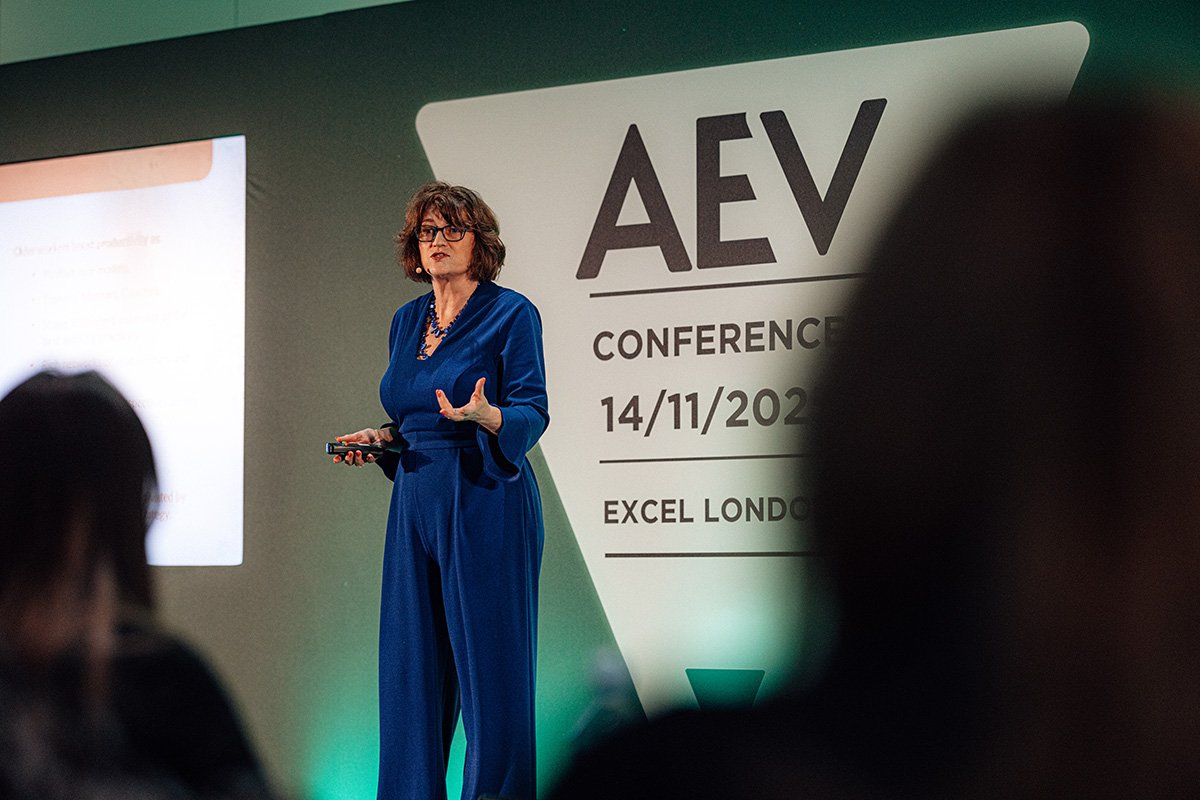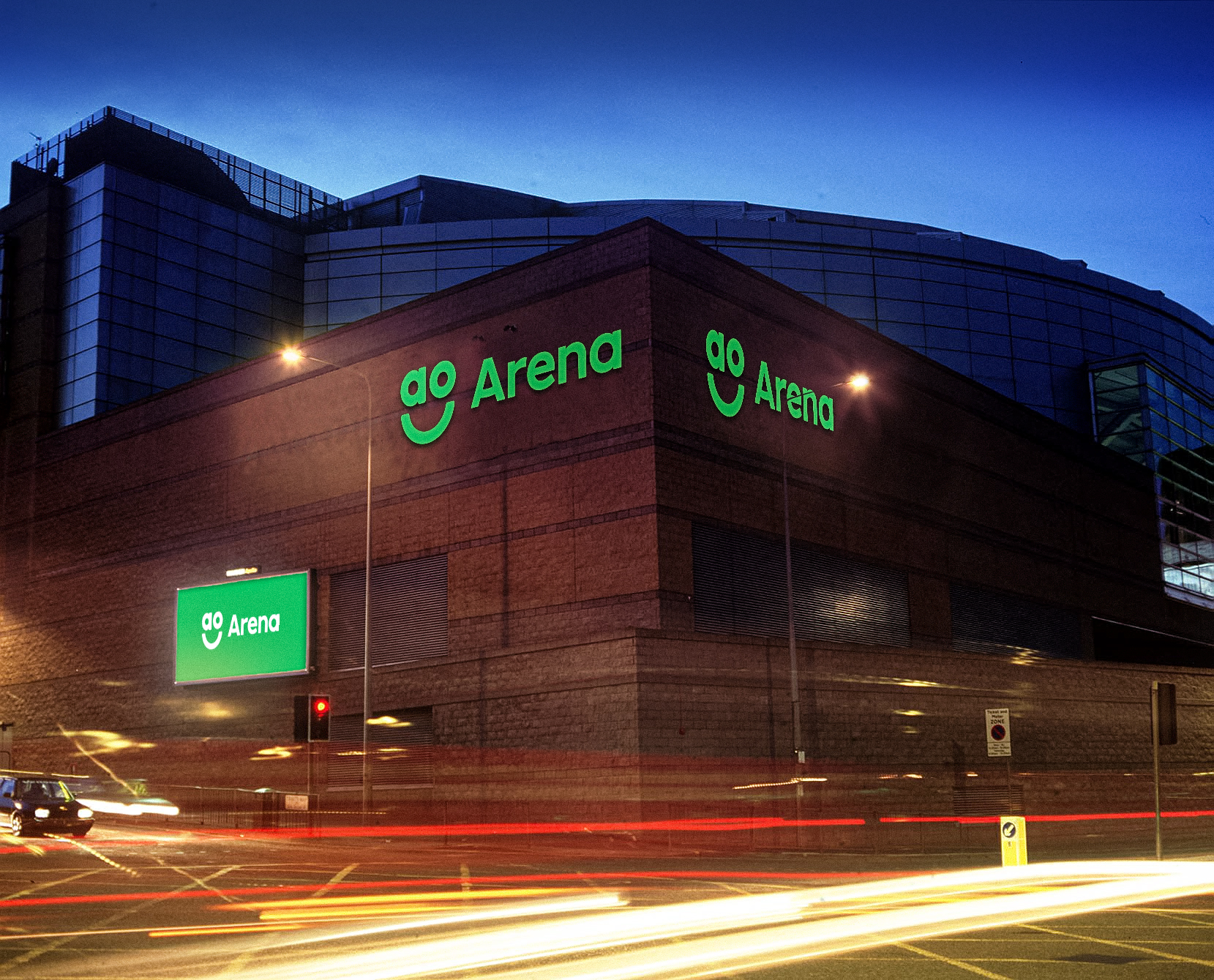The first time I went to Liverpool in a professional capacity was three or four years ago when the British Association of Conference Destinations held its annual conference in the city.
The conference started at lunchtime on the first day amid a frenzy of unparalleled excitement on the part of our hosts from the Mersey Partnership. This was because a few hours earlier the announcement had been made that Liverpool (For further details, see "Liverpool venues":http://www.venues.org.uk/searches/liverpool_merseyside_venues.asp) had won the bid to be the European City of Culture in 2008.
It was a happy coincidence and the joy remained with our hosts, and indeed the rest of the delegates, all through the conference. It was in many ways similar to the euphoria seen in Glasgow when it won the bid many years earlier. Here was a once proud city that, with the best will in the world, had fallen on harder times in recent years and which had been given a seal of approval for the projects and initiatives it had inaugurated in order to bring about a more positive future. Just as eyebrows had been raised when Glasgow got the go-ahead, there were those who questioned the cultural heritage and pedigree that would make Liverpool a worthy recipient of the accolade.
This criticism, I would suggest, came from people who don’t know the city and who have never bothered to look beneath the social problems reported with alarming regularity by the London press.
The fact is that Liverpool is another example of a UK city that contains fine Victorian buildings which now stand side by side with modern constructions that, give or take one or two howlers, are sympathetic with their surroundings and which make worthy additions to the cityscape. Not only that but in places like the dock area, the existing warehouses and offices have been converted to modern use such as shops, museums, restaurants, bars and other attractions.
To this can be added a good number of modern hotels and other conference and exhibition facilities that make the city a good option for events of all sizes. The completion of the Liverpool Echo Arena next year will give the city yet another important events venue.
As far as transport links are concerned, there are convenient links to the UK motorway network, regular train services to all parts of the country, ferry links from the Isle of Man and Ireland and flights from a variety of European destinations into John Lennon Airport.
Well, that’s not too bad. I managed to get roughly half way through the piece without mentioning The Beatles. Whatever ones feelings about the Fab Four, and I must confess to being a fan, the fact is that their influence is felt and seen in a variety of guises and places around the city. From the more obvious things like The Cavern to the myriad souvenirs available in every shop and souvenir stall, you are left in no doubt that this is where the greatest group the world has ever known came from. It doesn’t matter that they split up 37 years ago, they are still a crucial component of the Liverpool experience.
Now, there is without a doubt an awful lot more to modern Liverpool than the Beatles and the city’s guidebooks naturally draw attention to the excellent galleries, theatres and concert venues that will amuse the visitor. However, the all-pervading influence of John, Paul, George and Ringo is always there lurking in the background.
Not that this is a problem, after all, what is Liverpool doing wrong? There are so many towns and cities up and down the UK, indeed around the world, that would love to have such a hugely identifiable brand at their disposal. As we discovered last month in "Manchester":http://www.venues.org.uk/searches/manchester_lancashire_venues.asp which has Man Utd as its world brand, these attractions can’t necessarily help you sign the deal for a prospective event but they can certainly help you hit the ground running when it comes to the selling and marketing process.
In a time when the hotel rooms of many international chains look the same no matter where in the world you are and where one conference meeting room can often look like any other it must surely be in the interest of destinations to talk up the features that differentiate them from their competitors.
The danger of course must be when you talk these things up to the extent that every other aspect of the destination is ignored or, worse still, they create an artificial impression of what the place is actually like.
This doesn’t seem to be a problem in Liverpool (For further details, see "Liverpool venues":http://www.venues.org.uk/searches/liverpool_merseyside_venues.asp) and it would be wrong to give the impression that everywhere you go in the city you’re going to hear nothing but She Loves You, Hey Jude and Help! blaring out. There is so much more to attract event organisers and their delegates to the city, primarily a rapidly developing events infrastructure that caters well for the needs of most organisers.
As always, the message is that, wherever you run your event, your content has to be superior, it is the main draw to the event. If you get this right then the attractions of the destination will follow and in Liverpool (For further details, see "Liverpool venues":http://www.venues.org.uk/searches/liverpool_merseyside_venues.asp) you won’t be stuck for ideas.







